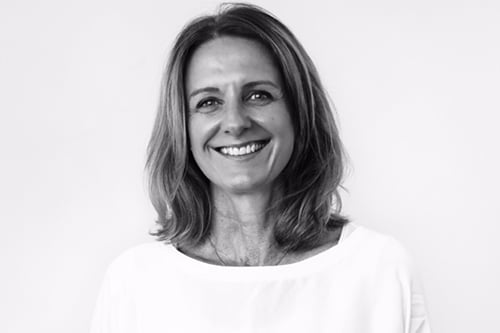

icare is investing $500,000 in a two-year study with Monash University to track employment and health outcomes for Australians whose work has been adversely impacted during the COVID-19 pandemic.
The COVID-19 Work and Health Study will compare different groups of employees in a bid to better understand industry changes in order to enable employers to develop better prevention strategies.
“The best injury is one that never happens, and icare’s continued focus on prevention is at the core of helping businesses through the COVID-19 pandemic,” said Caroline Howe (pictured), head of research at icare.
“The very first cohort of people we studied began with tracking people who had lost their jobs and workers on reduced hours,” she explained. “But now we’re tracking people who have moved into a new industry, people working from home and then returning back to work again, and what the physical and mental health impacts to those people are.”
Howe claims that expanding the cohorts of employees tracked and studied in the research is the only way icare and Monash University will be able to grasp the full depth of industry changes.
“The benefit of studying these cohorts and behaviours will allow us to identity really early on what possible preventative strategies or tools could be implemented to support employers,” she said.
She suggests the study will provide clarity to changing perceptions on frontline workers.
“This is the first time in 100-years that we’ve actually been able to study what the impact to an entire workforce is following a pandemic,” Howe said.
“It means that our perception on frontline workers has been challenged. They have absolutely changed from 50-years ago when they were mostly considered to be from the military. If we have a look at the research, a frontline worker has always been determined by maybe an act of war or it might be an epidemic where it was nurses at the frontline.”
According to Howe, this is the first pandemic where frontline responders have come from a range of essential workers such as nurses, teachers and cleaners – and, as such, there are no studies to reflect this trend.
“There’s currently no research in the world that says how does a pandemic impact a cleaner? Or a bus driver? Or even a barrister? This research is going to be able to completely flip on its head who we consider essential frontline workers, what the work-health impact of that is not only to the workers but to their families and to the community,” she added.
The study involves quantitative data collected online where people can “opt in” to participate, as well as conducting telephone interviews. Howe says they ideally wish to study several thousand people.
“My biggest hope for this research is that it becomes very useable and accessible information for people,” Howe explained.
“I anticipate we will see bigger changes in innovation to industry than we’ve ever seen before. If you look historically, there was always a revolution or a big event that creates innovation and this will be one of those events that will create the biggest opportunity for innovation moving forward.”
The report will be made publicly available across Australia to enable industries and communities to improve their prevention strategies.
